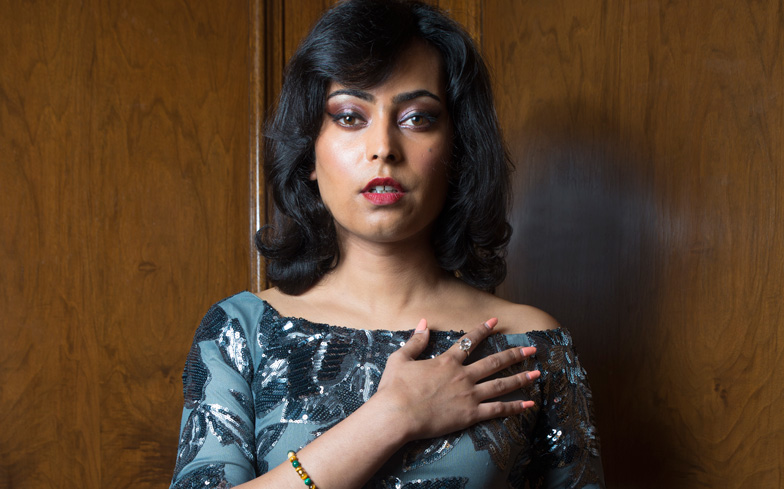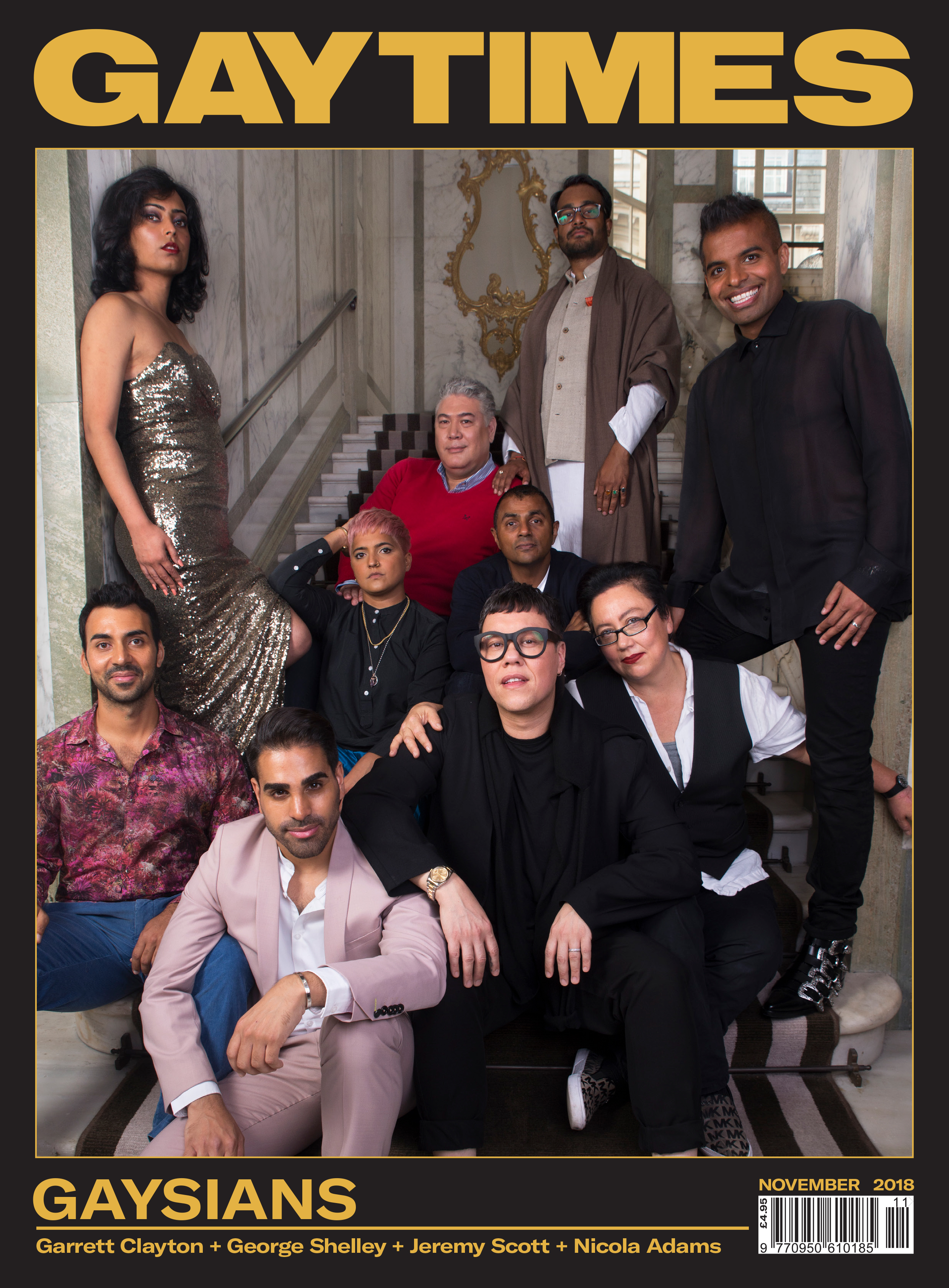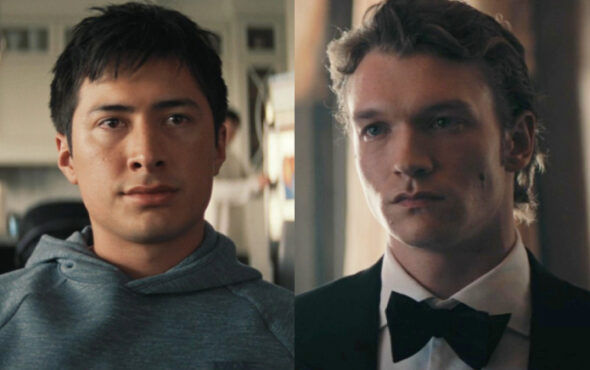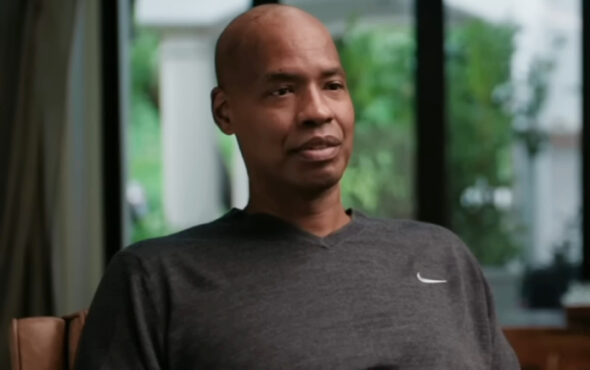
In collaboration with Gaysians, meet ten trailblazing figureheads paving the way for queer Asian representation in the mainstream.
“We have a problem with visibility in our community, which makes it harder for us to accept and celebrate ourselves. What better way to challenge this than by putting ten beautiful, successful, out Asian LGBTQ powerhouses on the cover,” writes Gaysian’s CEO Reeta Loi for the November 2018 issue of Gay Times.
“This cover marks an important moment in the life of each individual and their lifelong dedication to their work whilst being visible, queer and Asian having been recognised – thank you Gay Times. But also, it’s a historic moment for us as a community. A community that is still so young in its forming that perhaps this is what brought out the playfulness that spread across the room at the shoot itself. Looking at each person and seeing a reflection of yourself, of your inner journey and a connection that transcends lifetimes.”
Gaysians cover features Lord Waheed Alli, Rena Brannan, Gok Wan, Luke Pagarani, Dr Ranj Singh, Asifa Lahore, Jonathan Phang, Suki Sandhu, Krishna Omkar and Reeta Loi.
Here, we speak to Britain’s first out Muslim drag queen Asifa Lahore.
What does it mean being part of the queer Asian community?
It means everything to me because it’s the community that I feel the most comfortable and accepted in.
What was the journey to finding your identity like?
My journey to being the trans woman I am today was very gradual. I started my transition two years ago when I was 33 and that was after six years of doing drag professionally. I am in a very happy place in my life having had the privilege of coming out again as transgender.
What do you think could be done to help promote the acceptance of LGBTQ people in the Asian community?
The Asian community is influenced by South Asian media and I think that is the key. It would be great to see more LGBTQ friendly roles in Bollywood films for example.
How does your intersection allow you to thrive?
I’m British, Pakistani, a drag queen, trans-woman, a disabled person, a Muslim and above all a bloody brilliant person. My intersections are my strength and I use them to my advantage.
How did you come to be in the public spotlight?
In 2014 I took part in BBC Three’s Free Speech where I asked a question on homosexuality and Islam, and in 2015 I appeared in the Channel 4 documentary Muslim Drag Queens.
Have you ever faced discrimination or homophobia within your industry?
I’m proud to say that the UK drag scene is very diverse and accepting of new talent. The same goes for the trans community up and down the country.
Do you believe there’s enough queer Asian role models celebrated today?
No, not at all. I don’t think there can ever be enough.
Who are your queer heroes?
Dana International and RuPaul.
Related: Read Gaysians CEO’s letter for Gay Times: “It’s a historic moment for us as a community”
Photography Gabriel Mokake
Words William J Connolly
Fashion Paul Scott Coombs
Grooming Shamirah Sairally
Hair Tyron Sweeney
Production Assistant Solomon Warner
Location Rosewood Hotel London




